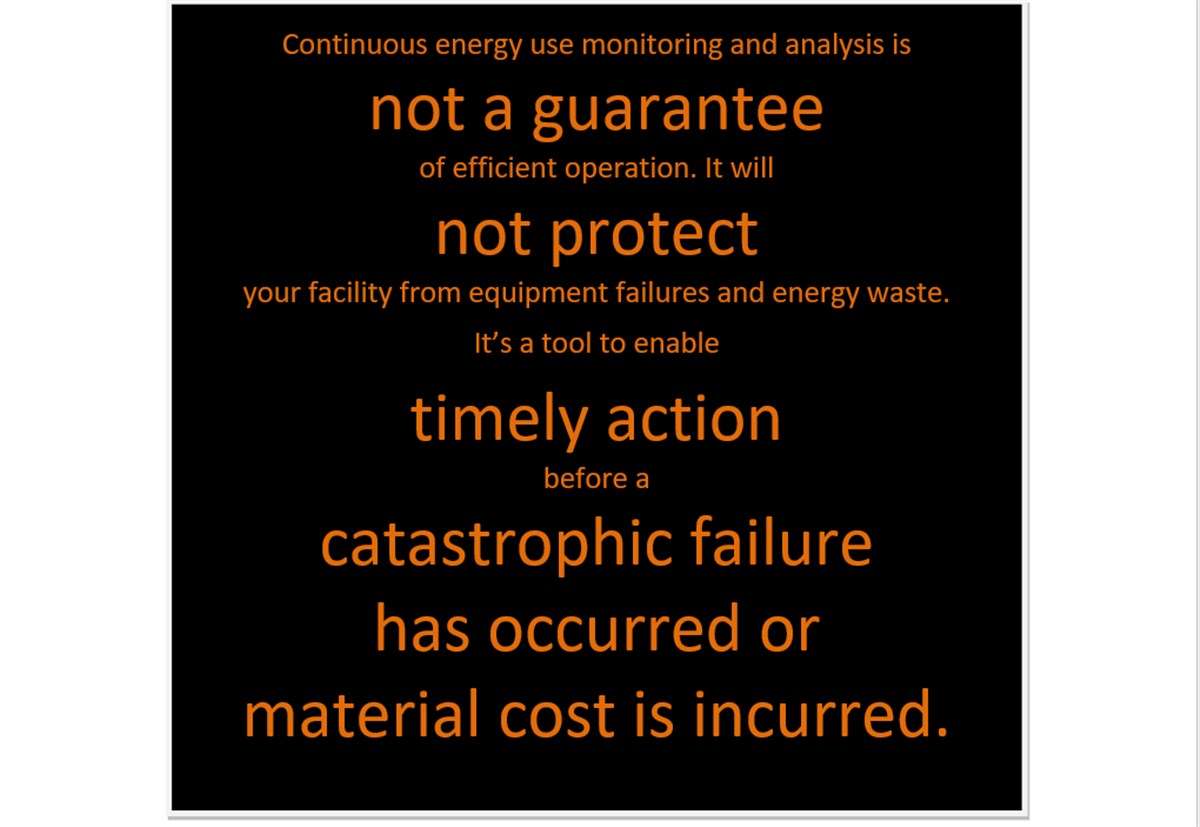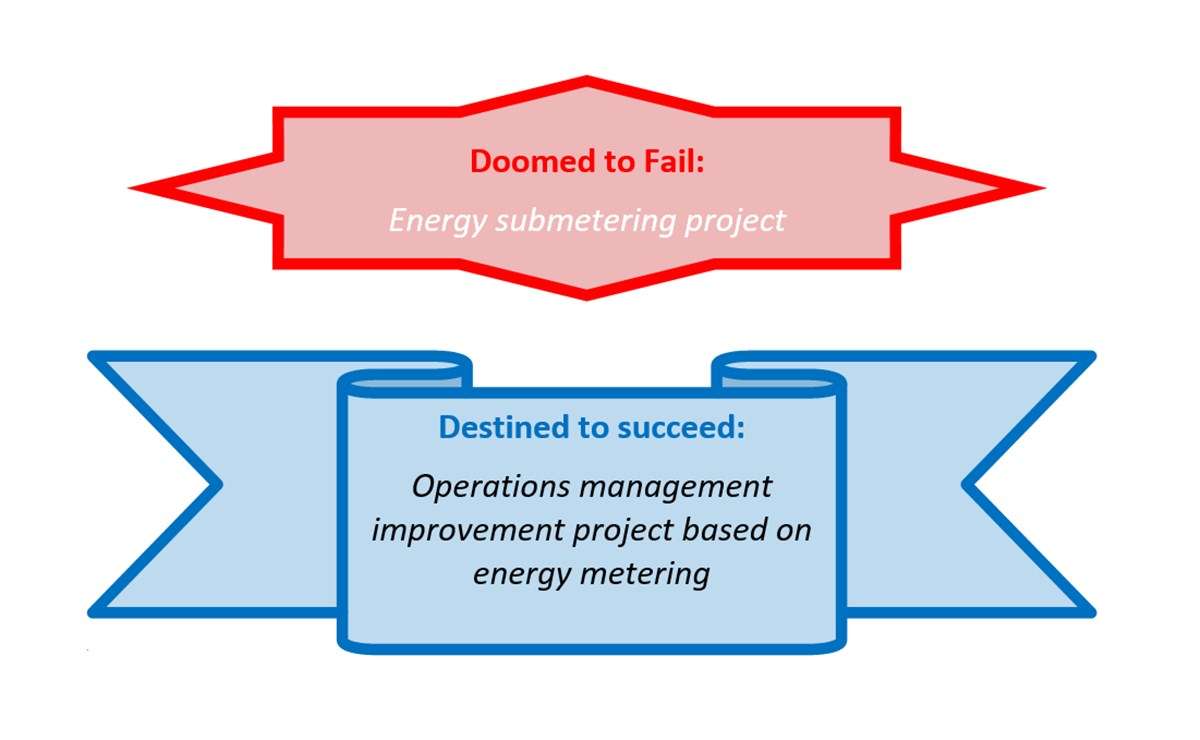It’s long been known that reducing electricity use through efficiency is cheaper than having to generate more power to meet rising demand. A recent reportfrom the American Council for an Energy-Efficient Economy puts numbers behind that claim.
“Why build more expensive power plants when efficiency gives you more bang for your buck?” said Maggie Molina, author of the council’s report. “Investing in energy efficiency helps utilities and ratepayers avoid the expense of building new power plants and the harmful pollution that plants emit.”
The report looked at the cost of running efficiency programs in 20 states from 2009 to 2012 and found an average cost of 2.8 cents per kWh. Each dollar invested in electric energy efficiency yielded $1.24 to $4 in total benefits for customers, including avoided energy and capacity costs, avoided costs from building new power lines, and reduced pollution.
– writes PartnersInProjectGreen post
Why indeed build big power plants? This is a very loaded question if you care to think about it. IMHO, it goes down to principal divide between liberal and conservative points of view: building a big power plant allows for concentration of profit, while implementing 100,000 small energy conservation projects benefits 100,000 users. Cumulative financial result is better with energy efficiency, but it’s distributed between 100,000 users. Installing a high efficiency compressor or a VFD, switching to LEDs, or plain switching it off, whatever it is – all these measures benefit a lot of very different companies, while building a power plant is one massive project that secures a fat income stream for 30-50 years. This a big difference.
Energy transformation is basis of modern economy. Whenever we change the way we transform energy (strictly speaking we can’t use energy, that would contradict the basics of physics, we can only transform it) we affect the whole way the economy works. Money flows where energy flows. In effect, energy management is a major part of economy management.
Energy efficiency measures, as well as smart grids, distributed electricity generation and generation of electricity from renewable sources, all these measures are part of liberalization of energy market. As such, these measures disturb energy monopolies, distribute economic benefits to wider population and thus increase the level of democracy in the society.
Funny story, every good solution solves more issues than it was intended to solve. Every bad solution creates more issues than its designers foresaw.






Leave A Comment